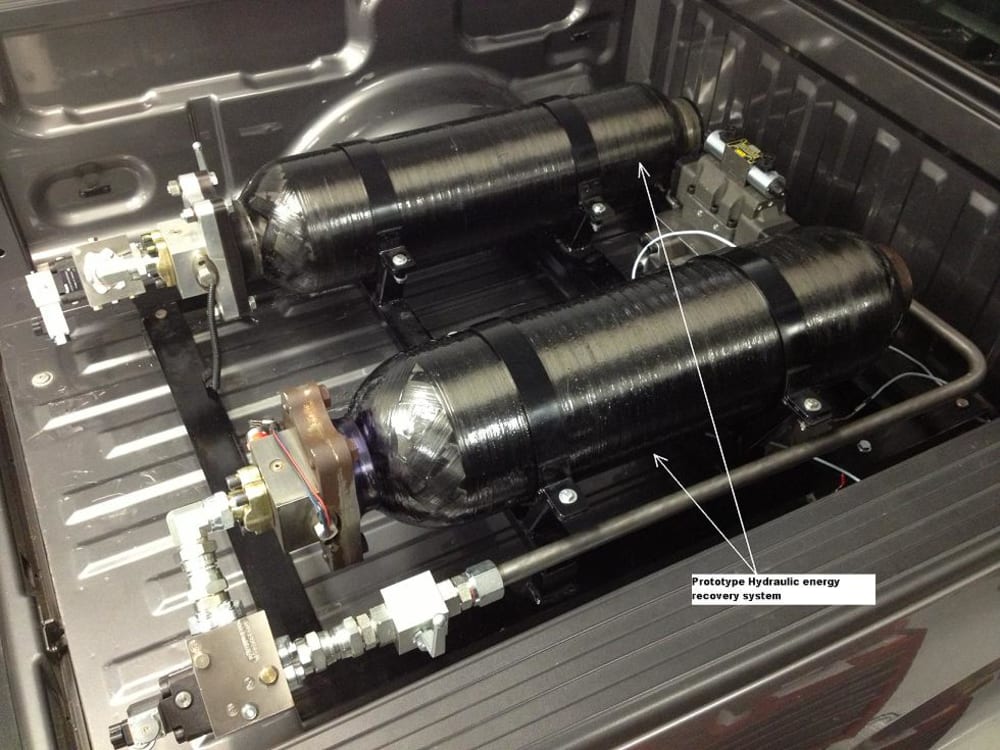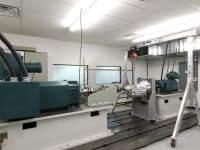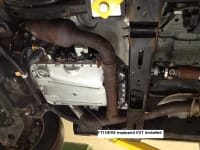FTI has developed a Hybrid Regenerative Energy Recovery System (HERS) that allows motor vehicles to perform their every day tasks much more efficiently than any other vehicle without the technology. It is anticipated that substitution of a HERS equipped CVT for the automatic transmission that is normally specified in full sized vehicles in the US will result in a 10% to 15% improvement in fuel efficiency in the urban driving environment. A savings of 35,100 gallons of gasoline per day would result from installing HERS equipped CVTs in the entire NYC taxi fleet with a corresponding reduction in exhaust pollutants. Larger vehicles which endure a much more rigorous acceleration/deceleration cycle (such as refuse trucks) will see a much larger increase (up to 63% or more). Application of the technology to a significant percentage of all vehicles would produce enormous benefits in both fuel consumption and emissions. The business case for becoming a supplier of CVTs to the automotive industry is very compelling due to the sheer volume of vehicles produced yearly (nearly 18 million in the US alone). A market penetration of one percent (180,000) is more than enough to entice a Tier 1 supplier to become a HERS equipped CVT manufacturer.
The HERS equipped CVT works by recovering energy normally lost during braking, and storing this energy via pressurized tanks integrated into the vehicle chassis. During acceleration, this energy is converted back to mechanical energy as the pressure is released and brings the vehicle up to speed with a 71% average process conversion efficiency, at which point the engine takes over to propel the vehicle.
Like this entry?
-
About the Entrant
- Name:Ricardo Bowlin
- Type of entry:teamTeam members:Ricardo J. Bowlin
Lawrence R. Folsom - Software used for this entry:Pro Engineer
- Patent status:patented








